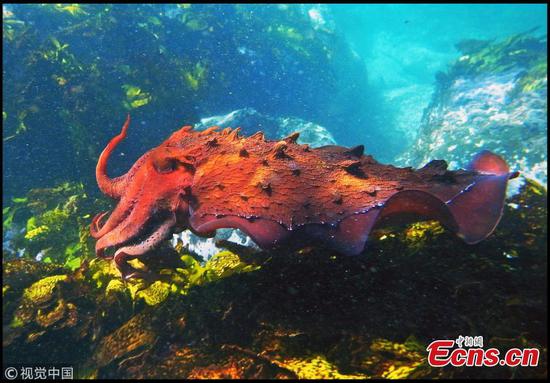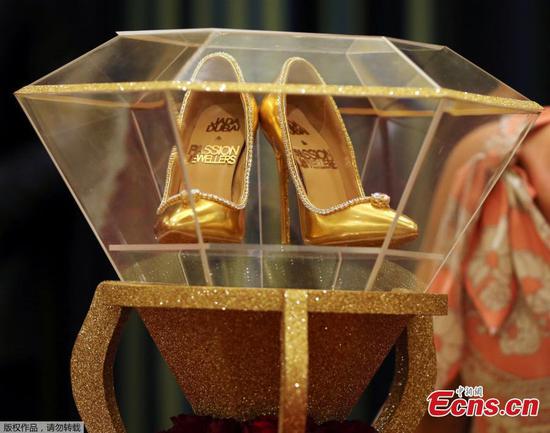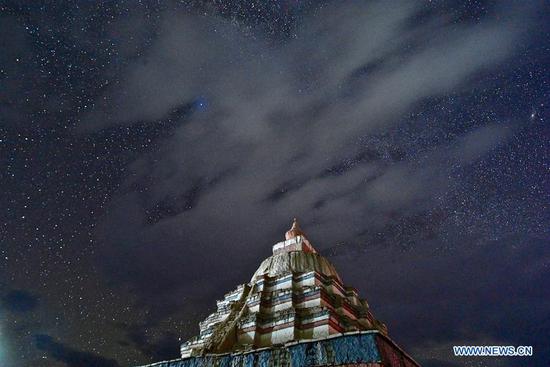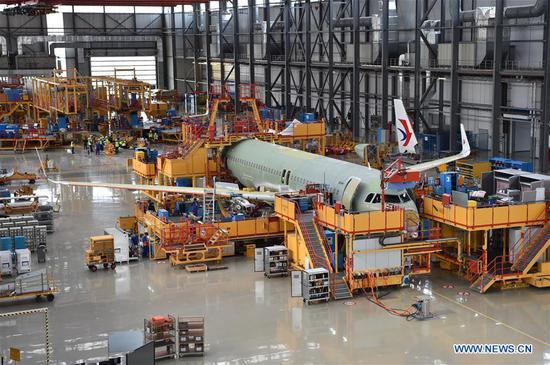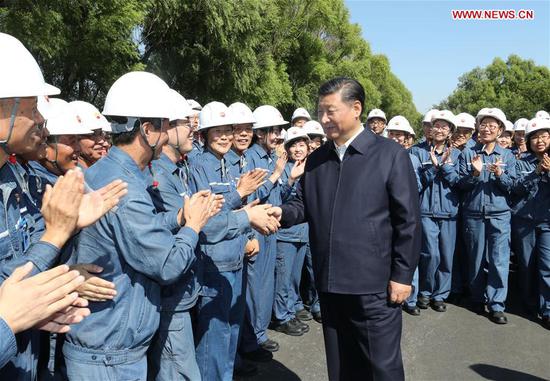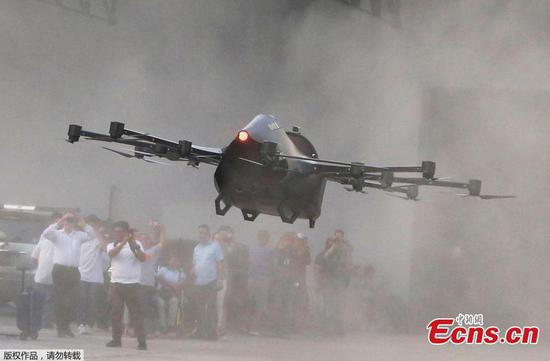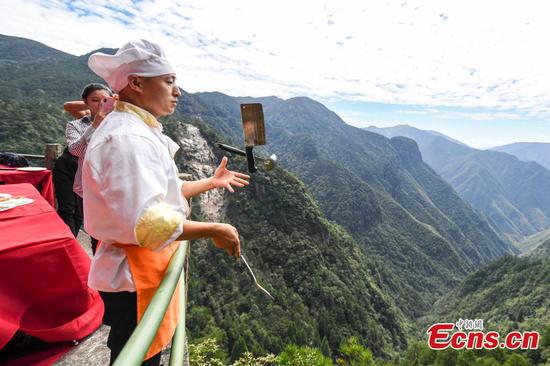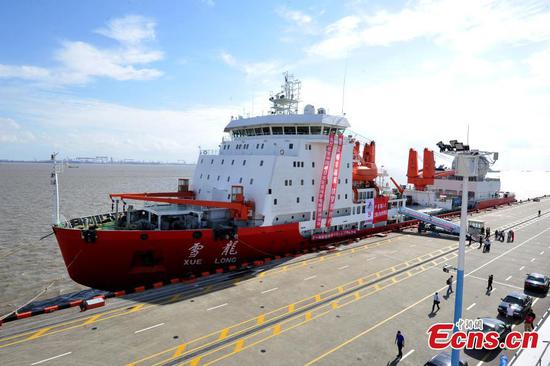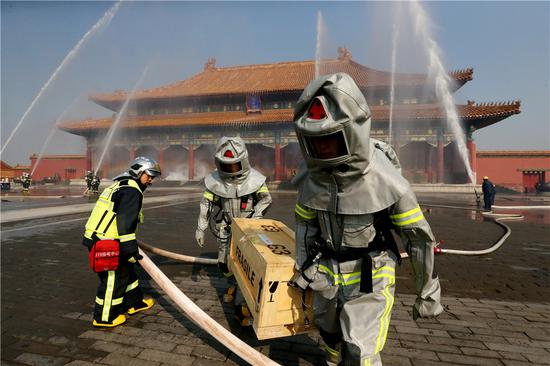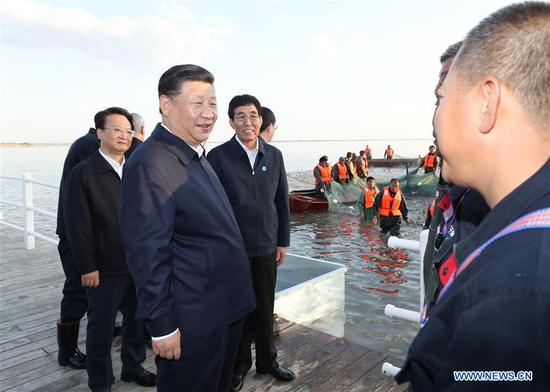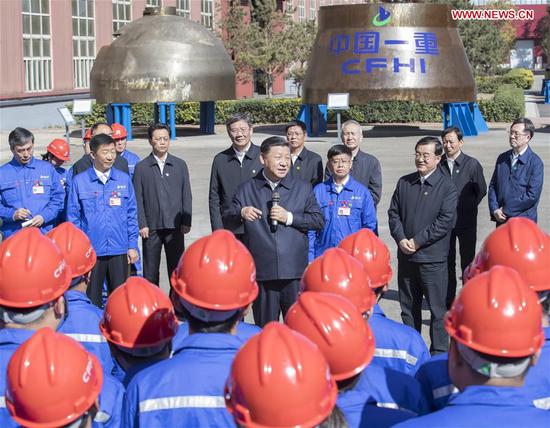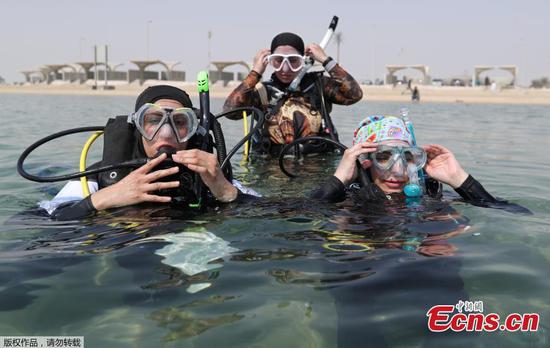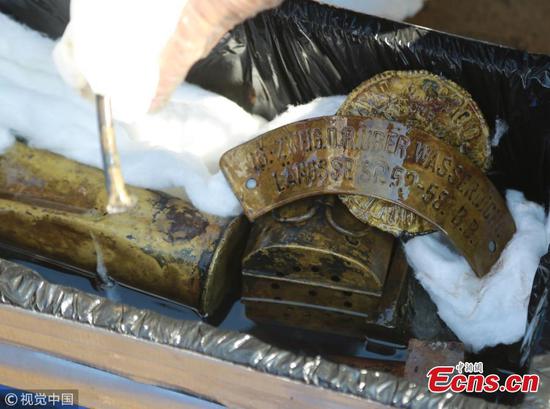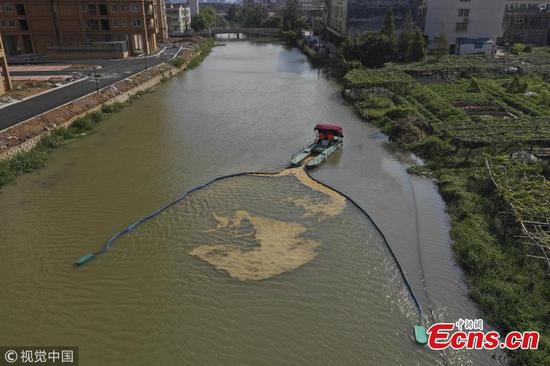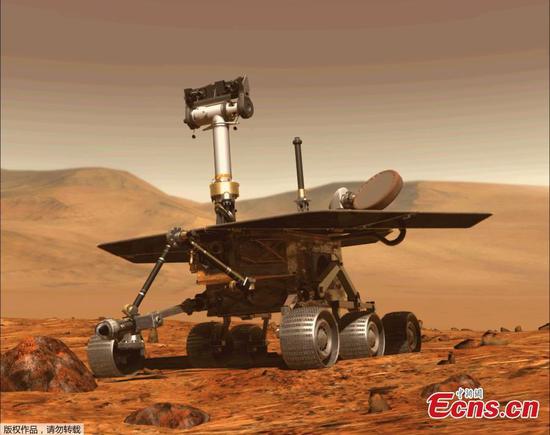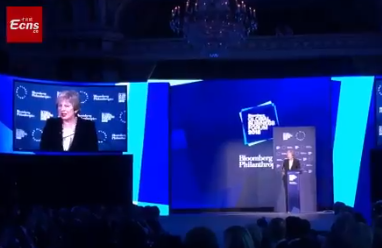The job-hopping of a veteran rocket scientist has revealed the plight State-run research institutes face in retaining high-caliber talent.
Xi'an Aerospace Propulsion Institute, an agency under the China Aerospace Science and Technology Corporation (CASC), made an announcement on Thursday following heated public discussion over a rocket engine scientist who quit the institute to join a private company, where he would allegedly be paid much higher.
The text of the announcement claimed Zhang Xiaoping, a designer of rocket engine propellant, has violated the confidentiality rule which bans staffers holding classified information concerning national security from leaving the institute within a period of two years after resignation.
Zhang applied for resignation in March, and despite the institute's efforts to retain him, he left the institute without its permission.
The institute later appealed to the city's labor dispute arbitration authority to ask Zhang to abide by the confidentiality rule by working for a non-classified position for two years before quitting.
Zhang joined the institute in 1994 and worked on designs for cryogenic propellant of rocket engines since 2015, according to the announcement.
The statement was made after a widely-circulated online article said Zhang had quit his job at the institute for higher payment at a private company, lamenting poor incomes some high-level technicians receive at State-owned research institutes.
The article enclosed a document the institute filed to the city's labor dispute arbitration authority, which shows Zhang played a key role in a research project related to the country's manned lunar landing program, and his quitting has left a tremendous impact on the project.
The document alleged Zhang earned only 120,000 yuan a year ($17,450), much less than the 1 million he could make with the new employer.
In response, the Xi'an Aerospace Propulsion Institute said the document exaggerated the significance and influence Zhang had in the research project, in order to bring him back as soon as possible.
Online users have voiced concerns over the poor payment some important scientists get at State-run research institutes.
"An engineer who has influence on the fate of the country earns only 120,000 yuan a year, while a popular entertainer can rake in 800,000 yuan in a single episode of entertainment TV program. How sad it is!" a netizen with the screen name flower9292 said on social media platform Weibo.
"Scientists should be respected by our society," another web user said.
According to a survey published in Modern Science magazine in April, the brain drain problem at China Aerospace Science and Technology Corporation, a major contractor for the country's space program, has worsened in recent years.
The survey, which polled staffers at several major subsidiaries of the CASC, shows a growing trend of talent outflow from 2012 to 2016.
For example, Shanghai Academy of Spaceflight Technology, an institute under the CASC, has seen 428 employees quit in 2016, much higher than the 300 in 2012.
The survey shows 85 percent of job-hoppers were under 35, and essential technicians at their institutes.
Low payment is believed to be one major factor behind for the exodus toward private employers, per a report at ScienceNet.com, the online media platform of China Science Daily.









